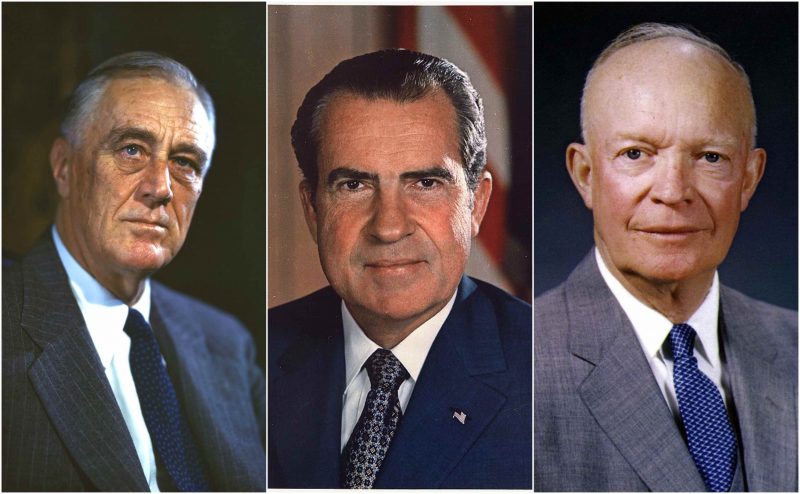Andrew Johnson (1865-1869)
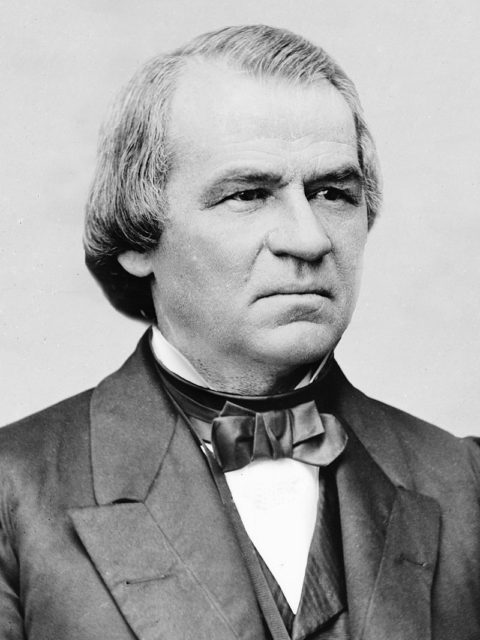
He assumed office after Abraham Lincoln was murdered, then went on to botch Reconstruction. The new president favored quick restoration of the seceded states to the Union. His plans did not give protection to the former slaves, and he came into conflict with the Republican-dominated Congress. The first American president to be impeached, he was acquitted in the Senate by one vote.
James Buchanan (1857-1861)
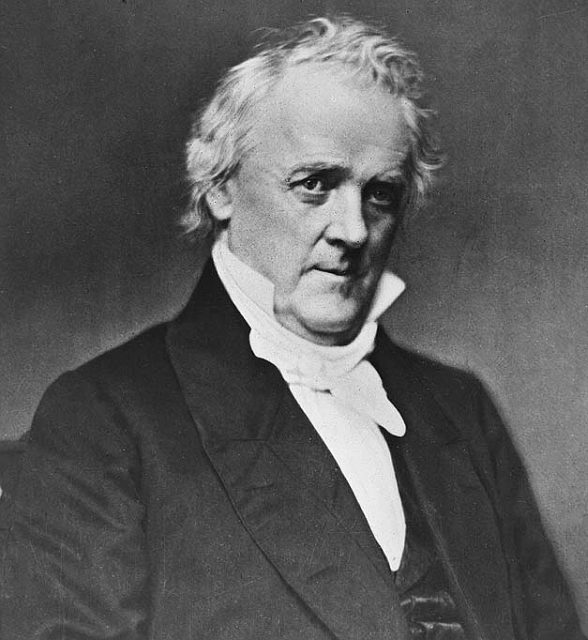
The 15th President of the United States ignored the oncoming crisis that erupted into the Civil War. His attempts to maintain peace alienated both sides. By the time he left office the Democratic Party was divided, the country was on its way to Civil War and Buchanan was on his way out.
Jimmy Carter (1977-1981)
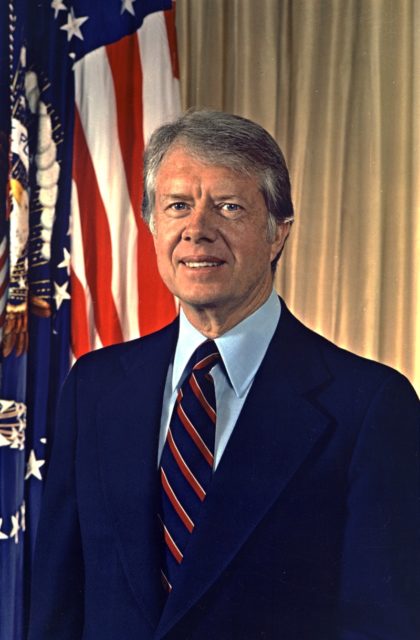
Nothing seemed to go right for Carter, much of it his fault but some of it not. He tended to micromanage too much and government slowed to a crawl. The hostages being released by the Iranians after Reagan was elected was the straw that broke the camel’s back.
Barack Obama (2009-2017)
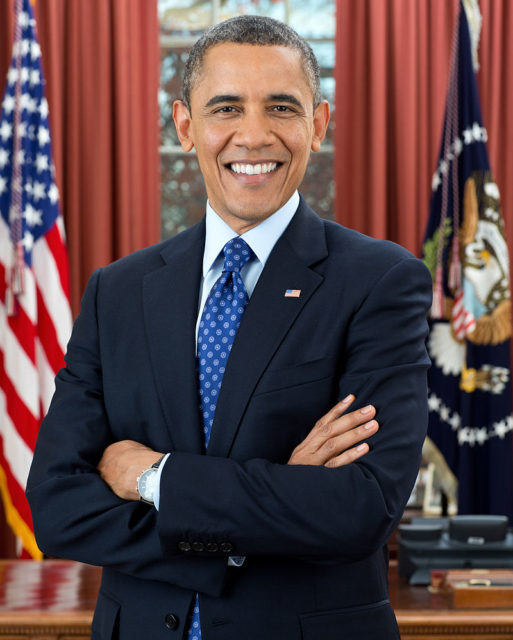
Despite being extremely popular with many, his signature law – the Affordable Care Act – still hasn’t been completely rolled out. Some say he pulled out of Iraq prematurely which has led to the rise of ISIS, and his wider foreign policy has also been criticized. Domestically, racial relations have deteriorated. The economy is better than when he took office, but many feel growth is not good enough.
George W. Bush (2001-2009)
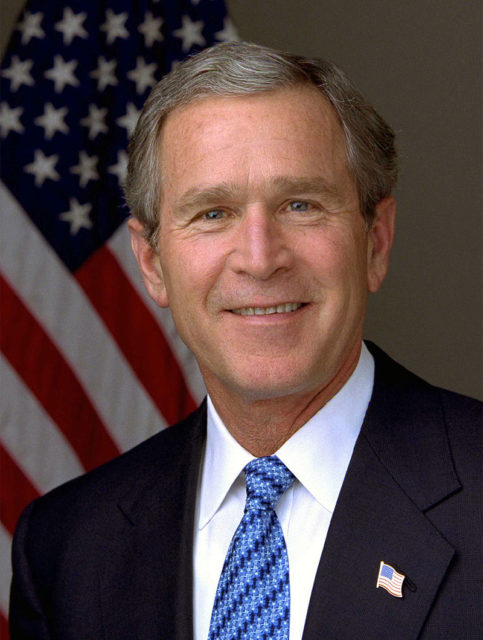
As president, Bush pushed through a $1.3 trillion tax cut program, the No Child Left Behind Act, and also pushed for socially conservative efforts such as the Partial-Birth Abortion Ban Act and faith-based welfare initiatives. Nearly 8 million people immigrated to the United States in 2000 – 2005; nearly half entered illegally.
During his two terms, the United States lost over six million manufacturing jobs, about one-third of the total at the end of the Clinton Administration. Only a few months into his Presidency the nation was attacked by terrorists, the most devastating attack on American soil.
Richard Nixon (1969-1974)
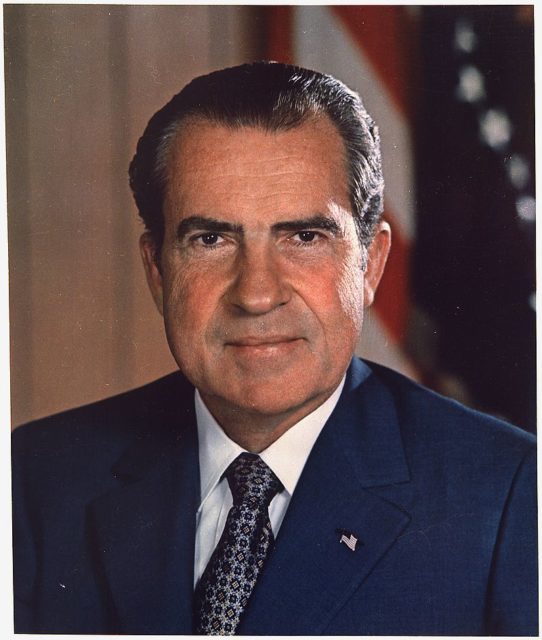
The reality is Nixon was a good president, aside from his criminal activity of course. He opened trade with China, established the Environmental Protection Agency and reduced the size of the federal government while also overseeing the end of American involvement in Vietnam. Of course, he will forever be remembered for Watergate and as the only U.S president who resigned.
Andrew Jackson (1829-1837)
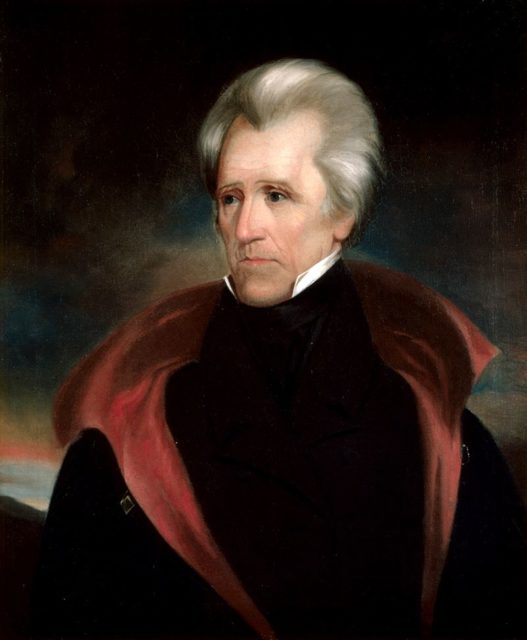
As president, Jackson faced a threat of secession by South Carolina over the “Tariff of Abominations,” which Congress had enacted under Adams. In contrast to several of his immediate successors, he denied the right of a state to secede from the union or to nullify federal law.
The Nullification Crisis was defused when the tariff was amended and Jackson threatened the use of military force if South Carolina attempted to secede. Further, he was a strong nationalist who often made controversial decisions such as the removal of Native Americans east of the Mississippi. He was President during the ‘Trail of Tears’. He also fought against the national bank.
John F. Kennedy (1961-1963)
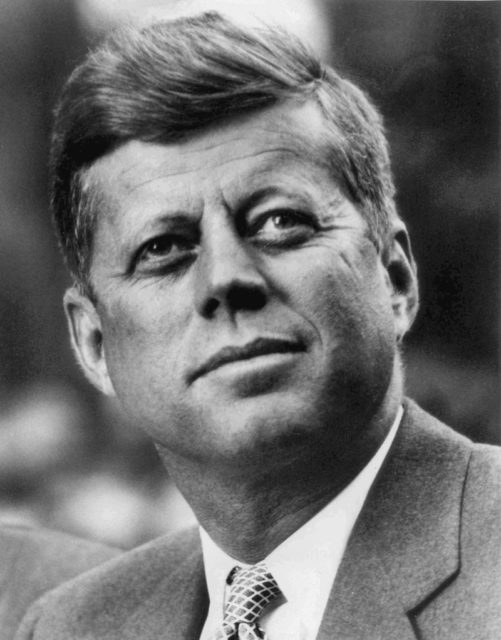
It took a while for Kennedy to see success in his foreign policy, the first real victory for him being the Cuban Missile Crisis. He did push the nation in the space race, which ultimately led to America putting a man on the moon in 1969. He was reluctant on too many issues both domestically and internationally, evidenced by his policy on Vietnam and in Cuba with the Bay of Pigs. His presidency was just starting to define itself when he was killed.
Bill Clinton (1993-2001)

He will forever have the Monica Lewinsky scandal hanging over his head, but Clinton’s greatest accomplishment was his ability to play politics. He was the target of a lot of stuff from Republicans but he was willing to compromise and get things done. Of those things, Welfare Reform was a huge win for him and he also oversaw an economy that was strong, even if too dependent on over-inflated dot-coms.
Woodrow Wilson (1913-1921)
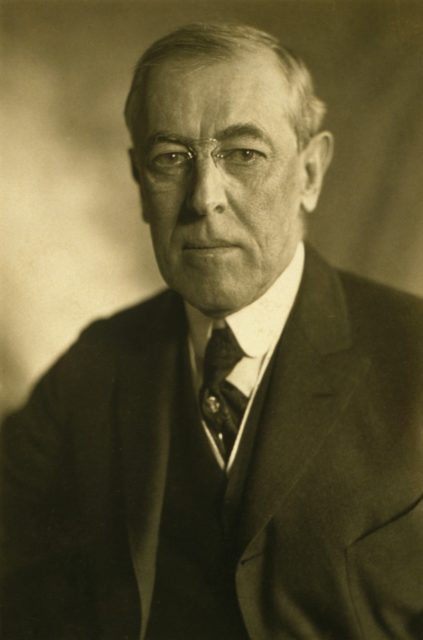
World War I aside, his greatest achievement might be getting women’s suffrage passed in 1920. He was an idealist who dreamed bigger than he was able to accomplish. Scholars love him but he ranks lower on this list because he couldn’t follow through on many of his ideas, like the League of Nations. His fervent hope was for the US to join a League of Nations, the precursor to the United Nations.
James Polk (1845-1849)
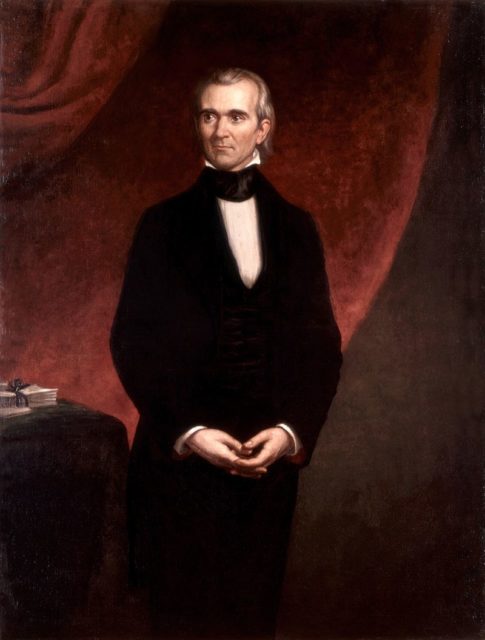
Probably one of the most underrated Presidents. After Thomas Jefferson, James K. Polk increased the size of the United States more than any other president through the acquisition of California and New Mexico as a result of the Mexican-American War. He also claimed the Oregon Territory after a treaty with England. He was a key figure in manifest destiny. He was also an extremely effective leader during the Mexican War. He is considered to be the best one-term president.
Dwight Eisenhower (1953-1961)
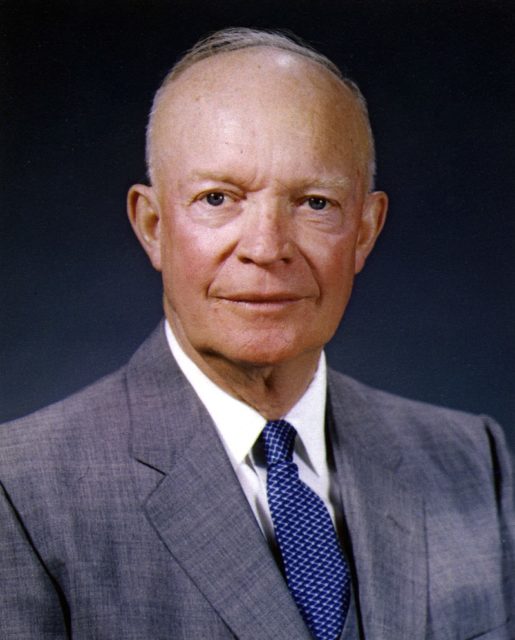
During Dwight Eisenhower’s time in office, America experienced a great amount of economic prosperity. Eisenhower also provided crucial leadership during the Cold War. Established NASA, concluded the Korean War, had several successful foreign policy wins and even established the Interstate Highway System. He also established Defense Advanced Research Projects Agency which would eventually give birth to the internet. Education reform is something else he can hang his hat on, and he famously used the military to enforce civil rights legislation.
Harry Truman (1945-1953)
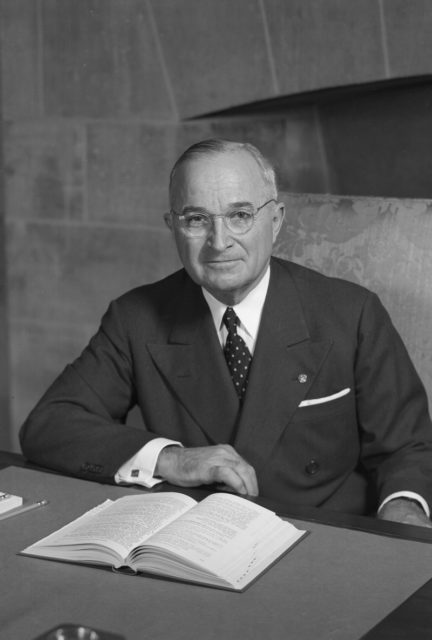
Truman was an interesting man. Saw the conclusion of WWII, oversaw the Berlin Airlift, introduced the Truman Doctrine to contain communism, led an American-led UN force to save South Korea from North Korean invasion and still found time to support civil rights. Oh, he also oversaw the Marshall Plan which helped rebuild Europe after WWII, and he created NATO.
Thomas Jefferson (1801-1809)
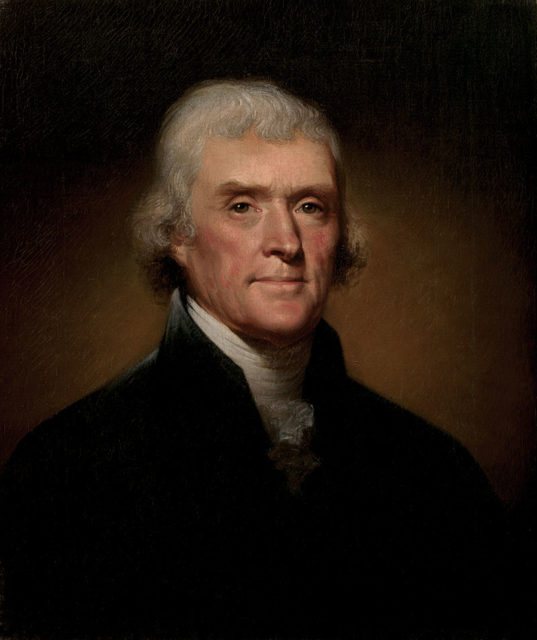
He proudly succeeded in limiting the size of government by reducing taxes and the national debt. He established a military academy to produce more soldiers. He used the Navy to protect merchant ships from Barbary pirates in North Africa, but also reduced their fighting capability. In foreign affairs, the major developments were the acquisition of the gigantic Louisiana Purchase from France in 1803, an embargo against trade with both Great Britain and France, and worsening relations with Britain as the United States tried to remain neutral in the midst of the Napoleonic Wars that engulfed Europe.
Theodore Roosevelt (1901-1909)
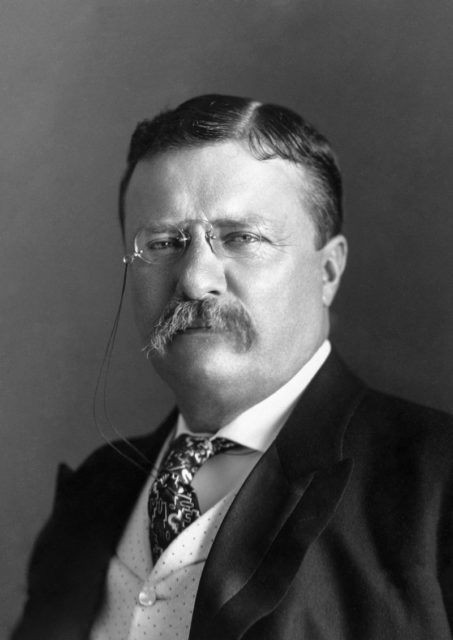
Roosevelt was a Progressive reformer who sought to move the dominant Republican Party into a more liberal camp. He distrusted wealthy businessmen and dissolved 44 monopolistic corporations as a “trust buster.” His “Square Deal” included regulation of railroad rates and pure foods and drugs; he saw it as a fair deal for both the average citizen and the businessmen. He avoided labor strife and negotiated a settlement to the great Coal Strike of 1902. His great love was nature, and he vigorously promoted the Conservation movement, emphasizing efficient use of natural resources. He dramatically expanded the system of national parks and national forests. He won a Nobel Peace Prize for ending the Russo-Japanese War. A total tough guy who once was shot but finished his speech before seeking aid.
Franklin D. Roosevelt (1933-1945)
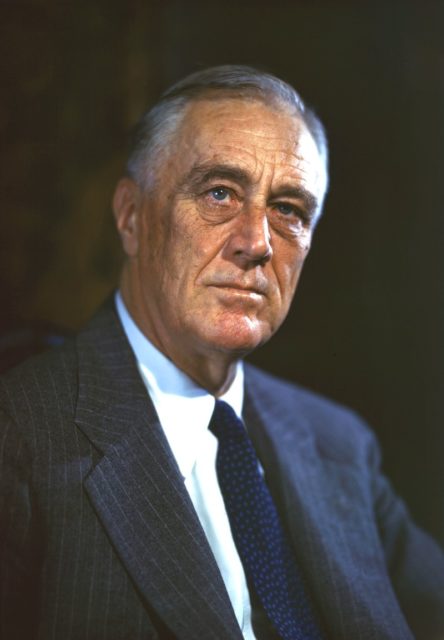
Having won four terms as President, Franklin Roosevelt was sure to have a huge impact on the United States. His work as a leader in WWII is the standard of leadership, holding together an alliance with Great Britain and communist Russia. FDR’s leadership throughout World War II was key to the American victory. Further, he worked tirelessly to end the Great Depression including the creation of numerous programs through his New Deal to help Americans get back on their feet.
George Washington (1789-1797)
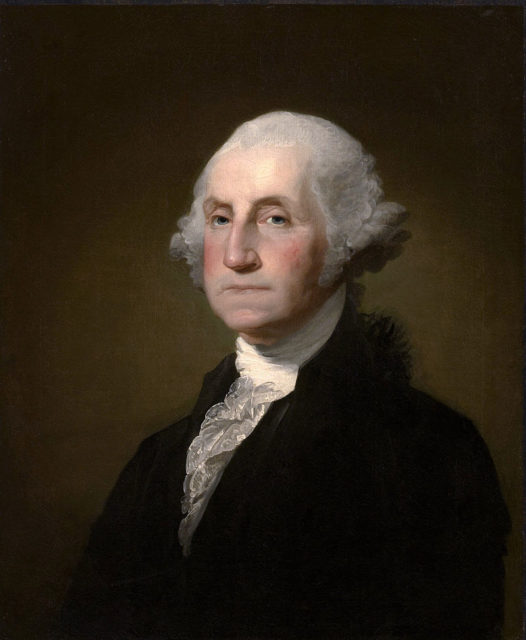
Being the first, there was no blueprint for him to follow. In fact, the rules were kind of being written as he, and the rest of the government, went. Young America was an interesting place with a dissolution of the Union a real threat and Britain and France both acting predatorily towards American rights, especially at sea. The threats, both internationally and domestically, that America faced were immense during this time. He set America on a path to neutrality in international affairs that lasted until the late 19th century and helped America grow and evolve. Washington set the standard.
Abraham Lincoln (1861-1865)
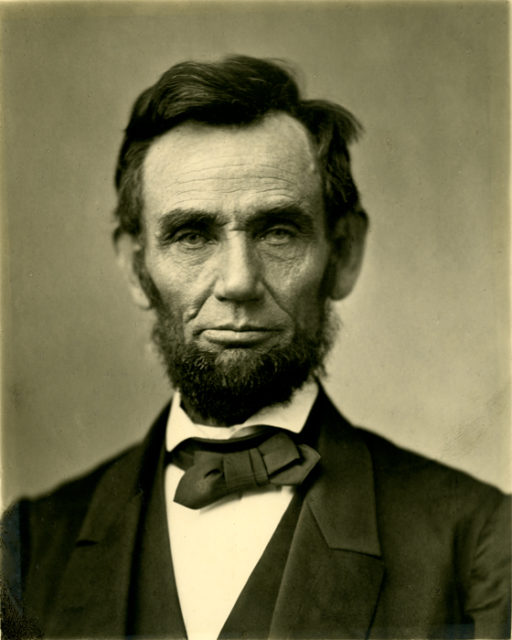
Lincoln saved the Union during the American Civil War. His leadership during the war was one of no compromise but at the same time understanding that he would eventually have to unite the states once the North won the war. His actions eventually led to the abolition of slavery across the United States. Lincoln essentially gave birth to American nationalism.
No other president had to deal with such crucial issues. Not only was he fighting to preserve the Union but also fighting diplomatically to keep European powers away without pushing them too far away. Reconstruction might have gone much differently had he not been assassinated.
